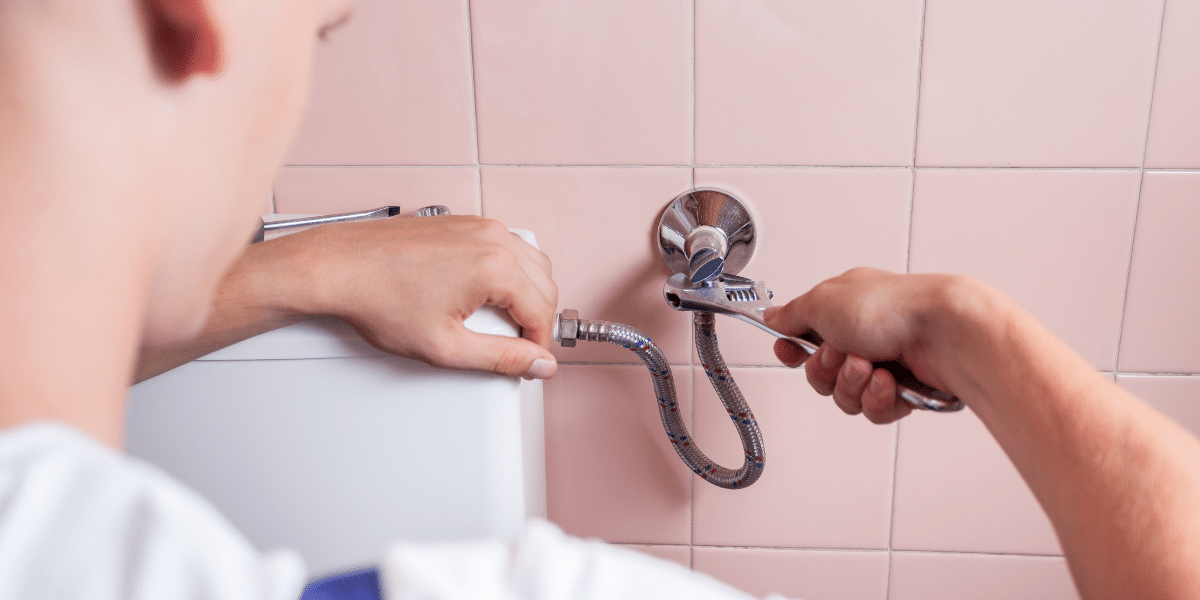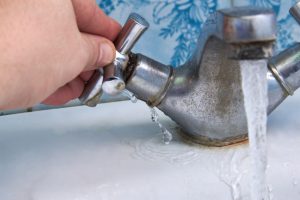The Top 5 Causes of Water Leaks
The Top 5 Causes of Water Leaks
Blog Article
Nearly everybody maintains his or her own perception in relation to Where to Find Water Leaks.

"Beware of little expenses. A small leak will sink a wonderful ship." - Benjamin Franklin.
He could not have been a lot more ideal because water leaks in our houses lead to a waste of resources, enhancing our water expenses. Although this rise could seem negligible initially, it can result in considerable costs that can break your financial institution. Aside from an increase in expenses, water leaks also create unwanted organic development, architectural damage, and also also electric dangers.
Figuring out if you have a water leakage isn't always easy because of being not able to see a lot of the pipework in your home. If you have had a rise in your water costs recently, discovered water discolorations on walls and also ceilings, scented lousy smell, etc. You may want to take into consideration asking for plumbing solutions to get it looked into.
There are numerous reasons for water leakages, as well as we have assembled the usual factors listed below. Check to see if you have had related issues in your home just recently.
Blocked drains
Food bits, dust, as well as grease can create blocked drains pipes and also block the passage of water in and out of your sink. Raised pressure within the gutters can create an overflow and end up breaking or rupturing pipes if undealt with. To avoid clogged drains in your home, we encourage you to avoid pouring bits away and also routine cleaning of sinks.
High water stress
You discovered your home water stress is more than common however then, why should you care? It runs out your control.
It would certainly be best if you cared because your typical water stress must be 60 Psi (per square inch) and also although your house's plumbing system is designed to stand up to 80 Psi. A boost in water stress can place a pressure on your house pipelines as well as lead to splits, or even worse, ruptured pipelines. Obtain in touch with a professional regarding regulating it if you ever see that your home water pressure is greater than normal.
Rust
As your pipework gets older, it gets weaker and also more susceptible to rust after the constant passage of water via them, which can eat away at pipes as well as trigger cracks. A noticeable sign of rust in your home plumbing system is discoloration and also although this could be tough to find due to most pipes hidden away. We recommend doing a constant checkup every few years as well as alter pipes once they are old to ensure an audio plumbing system
Weakened pipe joints
Pipe joints are the parts of our plumbing system where the pipes attach. It is important to keep in mind that also though pipelines are designed to stand up to stress and last for a while, they weren't developed to last for life; consequently, they would deteriorate over time. A common indication of damaged pipeline joints is excessive noise from faucets.
Damaged seals
One more reason for water leakages in residences is broken seals of house devices that make use of water, e.g., a dishwasher. When such home appliances are mounted, seals are set up around water adapters for very easy passage of water via the maker. Therefore, a broken seal can create leak of water when in use.
With little or no expertise of plumbing, comprehending your home's plumbing system enough to fix some of these concerns (without effect) can be an inconvenience. Connect with plumbing specialists in Pittsburgh, Divine Superintendence, Rochester, and also environ today, and they'll make those concerns go away.
He could not have been much more ideal due to the fact that water leaks in our homes result in a waste of sources, boosting our water costs. If you have had a boost in your water expenses recently, discovered water discolorations on wall surfaces and ceilings, scented poor odor, etc. An increase in water pressure can place a stress on your residence pipelines and also lead to fractures, or even worse, burst pipes. Another reason of water leakages in houses is damaged seals of residence appliances that make use of water, e.g., a dish washer. When such appliances are installed, seals are installed around water adapters for simple flow of water via the device.
5 TIPS IN DETECTING A WATER LEAK IN YOUR HOUSE
Water leaks can be hard to find in your home, yet they can be so common. We rely on water every day in our home, which is why a leak can cause big problems. By detecting them early, you can save money and further damage, getting the problem fixed as soon as possible. Here are 5 tips to help you detect a water leak in your home, so you can contact a plumber straight away and get the issue sorted.
Check your water meter
Many people underestimate the value of the water meter in their home. It can be one of the best ways to tell if you have a leak early on, so you can get on top of it before issues start arising. Start by turning off all the water in your home: taps, washing machine, dishwasher, etc. Now take a look at the meter – if it’s still changing with everything turned off, it’s likely you have a fast-flowing leak that you need to get on top of straight away. If nothing changes, then leave your meter for an hour or two and come back to it. Did it change in this time? It’s likely you have a slower leak, which isn’t as urgent but still handy to get fixed so it doesn’t become a bigger problem.
Keep an eye on your bill
Another good way to detect a leak in your home is by keeping an eye on your water bill. It helps if you have a past bill from the same period of time. You can compare like for like and determine whether your water usage has increased significantly. If it has, there may be a leak in your system that you haven’t picked up before. A professional plumber can check through all of your pipes and determine where it is coming from.
Look for damage
If you have a leak inside your home, you will notice damage over time. Take a look at your showers and bathtubs and note whether any of the tiles surrounding the area seem to be discoloured or damaged in any way. There may be water stains, mould or peeling material that has resulted from a build up of moisture over time. Make sure you take a look under sinks at the back of cupboards that don’t get accessed regularly. This is where damage can go unnoticed and build up over periods of time.

I came across that write up about How to Find and Prevent Water Leaks in Your Home when doing a lookup on the search engines. If you please set aside a second to promote this content if you liked it. Thanks for taking the time to read it.
Dial instantly! Report this page